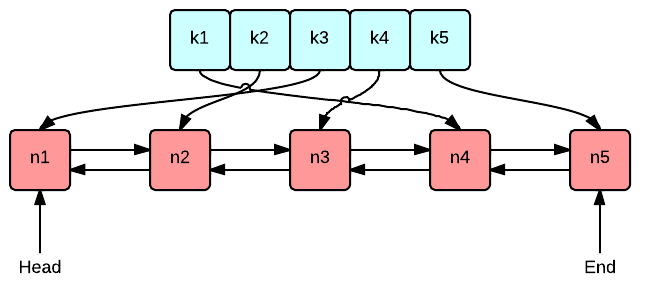Leetcode – Same Tree
Two binary trees are considered the same if they have identical structure and nodes have the same value. This problem can be solved by using a simple recursive function. public boolean isSameTree(TreeNode p, TreeNode q) { if(p==null && q==null){ return true; }else if(p==null || q==null){ return false; } if(p.val==q.val){ return isSameTree(p.left, q.left) && isSameTree(p.right, … Read more
